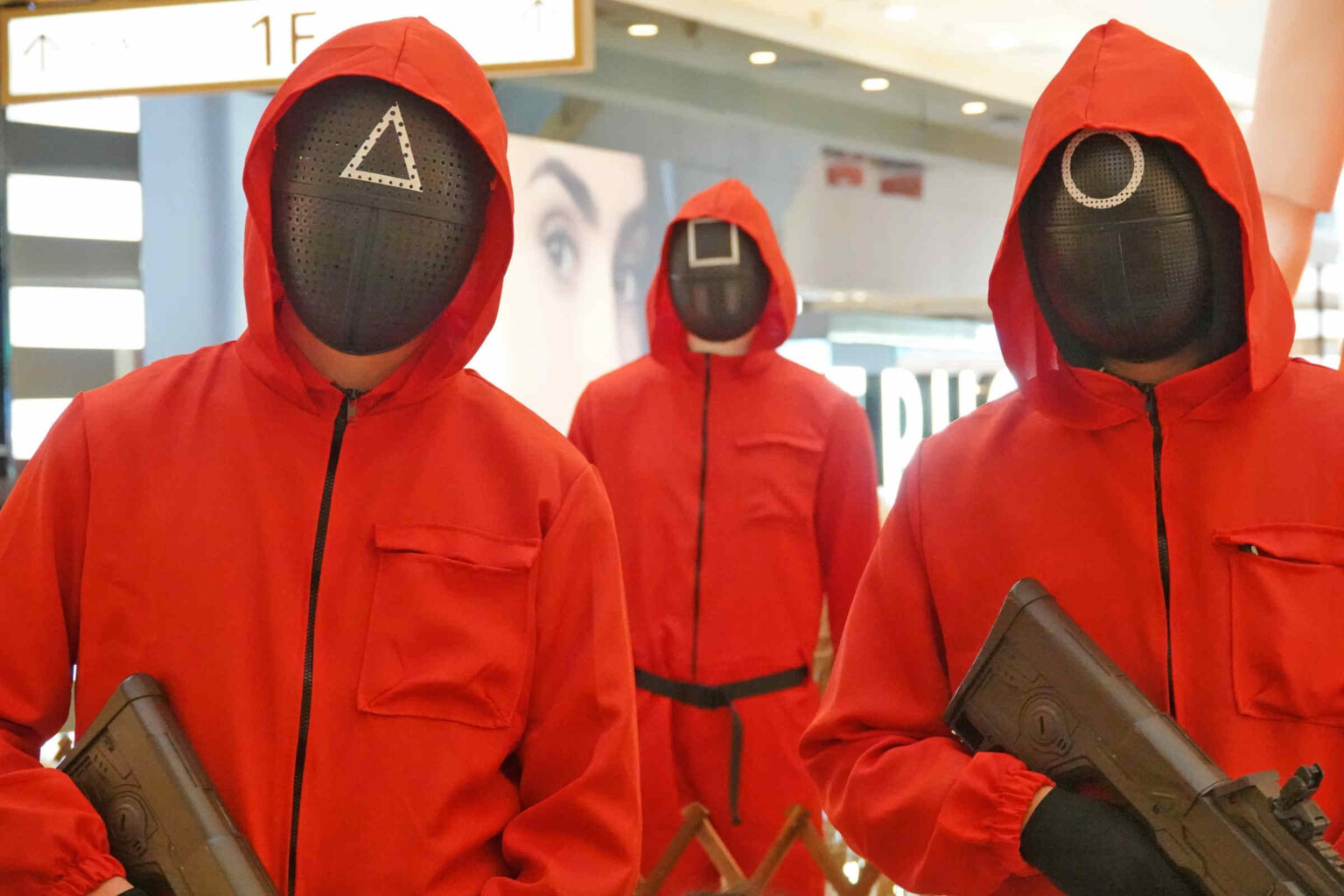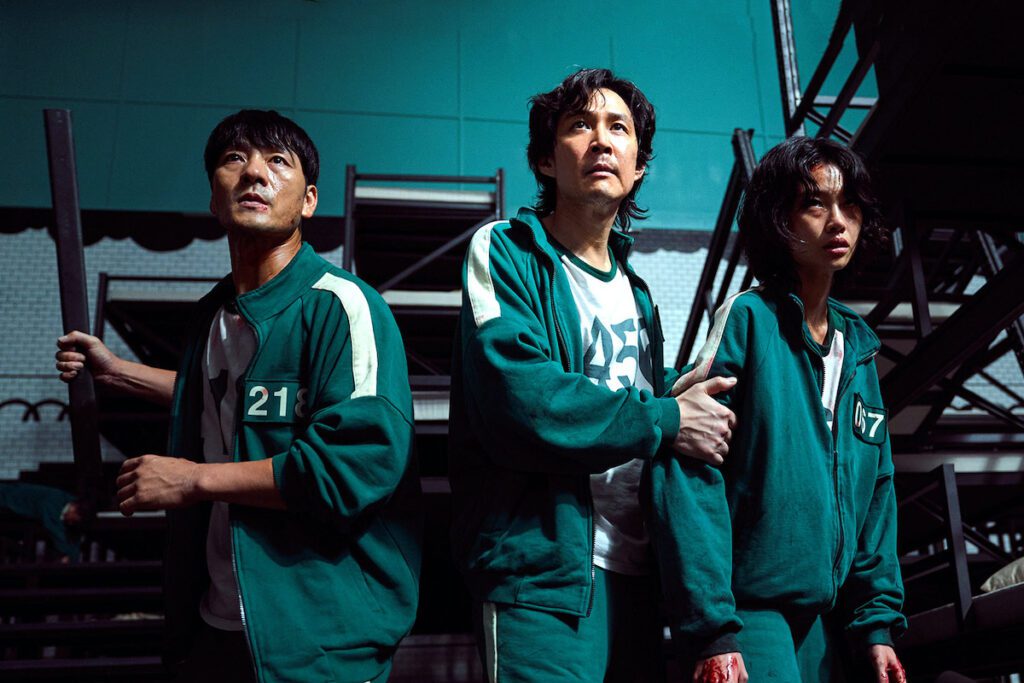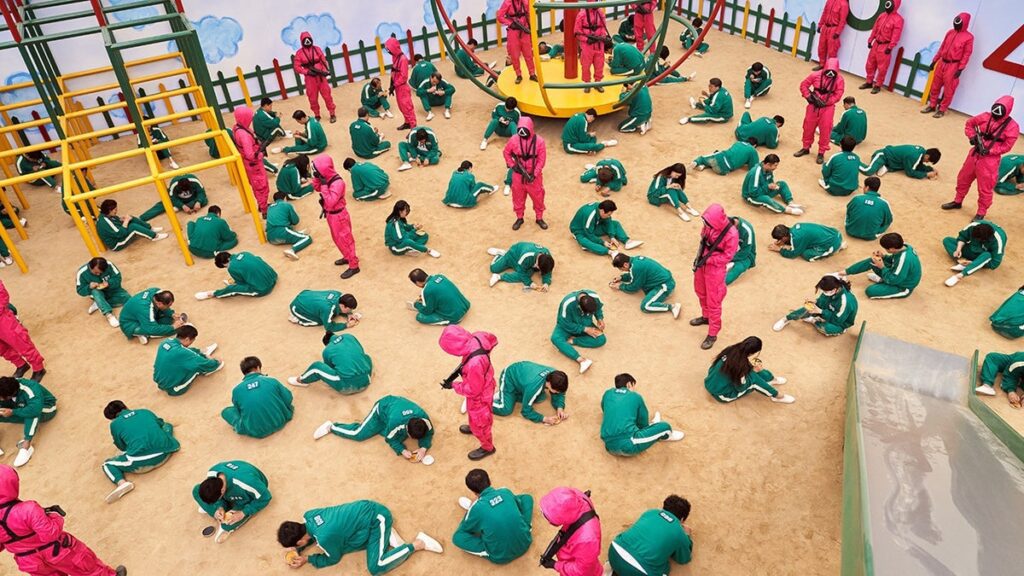
Just how did superstar Lee Sun-kyun die? What we know so far
The recent outcry from South Korean artists, led by acclaimed director Bong Joon-ho, brings this question sharply into focus. They’re demanding an investigation into the tragic death of actor Lee Sun-kyun, known for his leading role in Bong’s Oscar-winning Parasite. At just forty-eight, Lee’s apparent suicide last month has sparked a fierce debate over the media’s role and police conduct in such sensitive situations.

The Pressure Cooker of Fame
In the glamorous yet unforgiving world of South Korean entertainment, even the slightest misstep can be career-ending. Public scrutiny is intense, and the consequences are often disproportionate. This high-stakes environment has sadly seen several celebrities, including pop stars and actors like Moonbin, Haesoo, and Jonghyun, succumb to its pressures, leading to a series of tragic suicides.
Bong Joon-ho, speaking at a press conference organized by the Association of Solidarity of Cultural Artists in Seoul, called for a deep dive into the police’s handling of Lee’s case. He questioned whether there were lapses in the investigation, especially with the media’s relentless coverage that often bordered on invasive.

A Call for Change
Lee’s case has opened a can of worms regarding media ethics and police procedures. He alleged that he was deceived into drug use, leading to a high-profile police interrogation. In a twist, two women were recently referred for potential indictment on charges of blackmailing Lee for 350 million won.
Yoon Jong-shin, a prominent singer-songwriter, questioned whether the media’s intense focus on Lee was truly in the public interest or simply a sensationalist pursuit. He pointed out the media’s eagerness to highlight personal details irrelevant to the investigation, questioning the justification behind such biased reporting.
Adding to the controversy, Lee’s request to keep his final police interrogation private was denied. His walk to the police station became a media circus, with reports focusing more on his personal life than the facts of the case. Posthumously, some outlets even leaked his alleged suicide note, disregarding his family’s opposition.

The Ripple Effect of a Tragedy
The call for a systemic overhaul has gained momentum, with actors Choi Deok-moon and Kim Eui-sung, and representatives from key cultural organizations, including the Busan International Film Festival, joining the cause. They urge media outlets, including national broadcaster KBS, to retract irresponsible reports and demand legislative review to protect artists’ human rights.
This movement comes amidst a broader crackdown on drugs in South Korea, following a tragic crowd crush in Itaewon in 2022. The incident, blamed on alleged drug use, has put celebrities under increased scrutiny, intensifying the debate on the balance between public safety and individual privacy.

The situation highlights a grim reality in the entertainment industry. High-profile figures, while enjoying fame, also endure the harsh glare of the spotlight, often at the expense of their personal lives. This relentless scrutiny can lead to a detrimental impact on mental health, with the media and public often forgetting that celebrities, despite their public persona, are human too.
The case of Lee Sun-kyun serves as a poignant reminder of this. His untimely death has not only sparked a conversation about mental health in the entertainment industry but also raised questions about the ethics of media reporting and police conduct in high-profile cases.

A Call to Action
As the outcry from the artistic community gains traction, it challenges us to reevaluate our own perspectives on celebrity culture. It’s a call to action for the media, law enforcement, and the public to consider the human element behind the headlines. The pursuit of truth is essential, but it must be balanced with respect and sensitivity towards those in the public eye.
The case of Lee Sun-kyun is a watershed moment for South Korea’s entertainment industry, one that could potentially lead to significant changes in how the media and law enforcement interact with public figures. It’s a reminder that in the relentless pursuit of truth and sensational stories, the media and society must tread carefully, respecting the dignity and privacy of individuals.
As this story unfolds, one can’t help but wonder: Will the death of Lee Sun-kyun be the catalyst for change in South Korea’s entertainment industry? Will it lead to more humane treatment of celebrities by the media and law enforcement? Only time will tell, but the conversation has certainly begun. And the question remains: Where do we, as a society, draw the line between public interest and personal intrusion?



